& how to overcome them!

The Top-up Trap
This has to be the most common. Approximately 40% of parents who initiate breastfeeding leave the hospital giving at least some formula which can have major implications for breastfeeding. The first part in learning how to avoid this is to understand that Colostrum IS MILK. It is the first milk that our babies need and it is perfectly balanced for early nutrition and hydration. Many labours now include IV fluids, evidence shows us that this artificially inflates baby’s birth weights. I am far less concerned about a baby who has lost 10% of their birthweight if their mother had IV fluid in labour than if they didn’t. The reality is for babies who have had IV fluid through their mother in labour the starting weight should be taken 24 hours after birth but unfortunately this is not common practice in Ireland. The second thing to know about is ‘night two’. Lots of babies are sleepy and content during the first 24 hours of life but start to ‘wake up’ in the second 24 hours. The fuss at the breast, but also do now want to be put down, they only sleep for brief moments on the mothers chest and then start rooting and get distressed again. This change in behaviour can be difficult for exhausted parents in understaffed maternity wards to navigate and many turn to formula thinking their baby is ‘starving’. The heavy, large volume, formula then means the baby sleeps for 4 hours because they’ve just had their first Christmas dinner and their body cannot do anything else other than process the complicated food. This acts like a self-fulfilling prophecy and parents’ believe their baby was actually starving and continue to give formula ‘top-ups’ which has a detrimental affect on their supply and baby’s latch.
Not Enough Milk
Following on from above perceived low supply is a much bigger issue than actual low supply. Parents believing they have low milk supply can lead to unnecessary top-ups which can actually cause low milk supply. Giving baby formula milk in the early days and weeks is telling the body not to make that breast milk and can mean that full supply is never established. This isn’t as much of an issue if someone wants to combination feed with formula long term (although it can mean a shorter than planned breastfeeding journey). Understanding normal newborn behaviour and the fourth trimester can help parents avoid feeling that they do not have enough milk. If you feel you may have low supply the first step should be to seek professional support from an IBCLC rather than reaching for formula. It may be a lot less expensive in the long run! Also, at around 6 weeks some parents believe their milk has 'dried up', this can be because the milk supply starts to settle down at this stage and mothers may feel less ‘full’ and experience less, or no, leaking. Baby also goes through a growth spurt so if these things happened at the same time sometimes people believe their milk has dried up. Milk does not just dry up like that unless there is a very severe medical reason but the aren’t would be very ill or possible have taken a decongestant medication that is incompatible with breastfeeding.
Reflux
There is an epidemic of breastfed babies being mis-diagnosed as having reflux. When we as parents do not understand our baby’s behaviour we seek out information to help us. Unfortunately, the information we get back is not always correct. A lot of reflux 'symptoms' can be a misunderstanding of infant behaviour or caused by another feeding issue that hasn't been addressed. New baby groups are full of well-meaning parents telling other parents their babies have reflux. Firstly, reflux – the act of regurgitating food, is normal for infants. Secondly, GORD (Gastro-oesophageal reflux disease) is remarkably uncommon in breastfed infants. If a parent suspects GORD a full feeding assessment is the first port of call to rule out any other reason why the baby may be struggling. An in-home consult gives the IBCLC time to observe the baby’s behavour, assess a feed, assess for oral disfunction, address the parents’ concerns and to educate on normal vs concerning behaviours and what to look out for as baby grows.
It's important to know if any of these things affected your breastfeeding journey it was not your fault. Inappropriate breastfeeding advice and huge gaps in breastfeeding support means many families are being let down. If you are worried about any of these issues with your baby right now a consult may be of benefit. If you are pregnant and worried about facing these issues signing up for a Breastfeeding Support Package will provide you with the appropriate information and support to avoid them.



